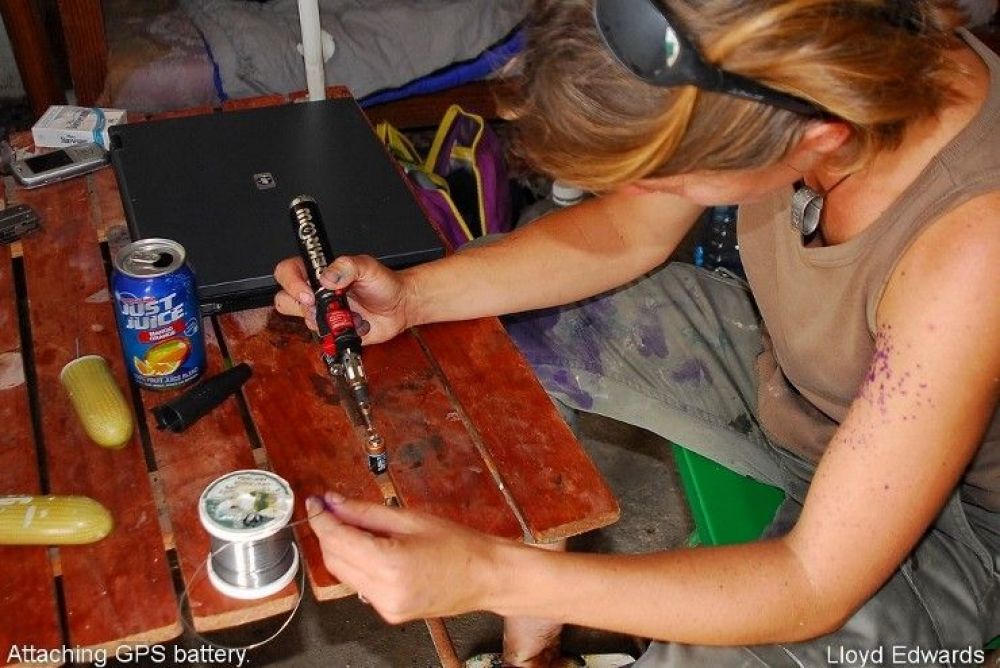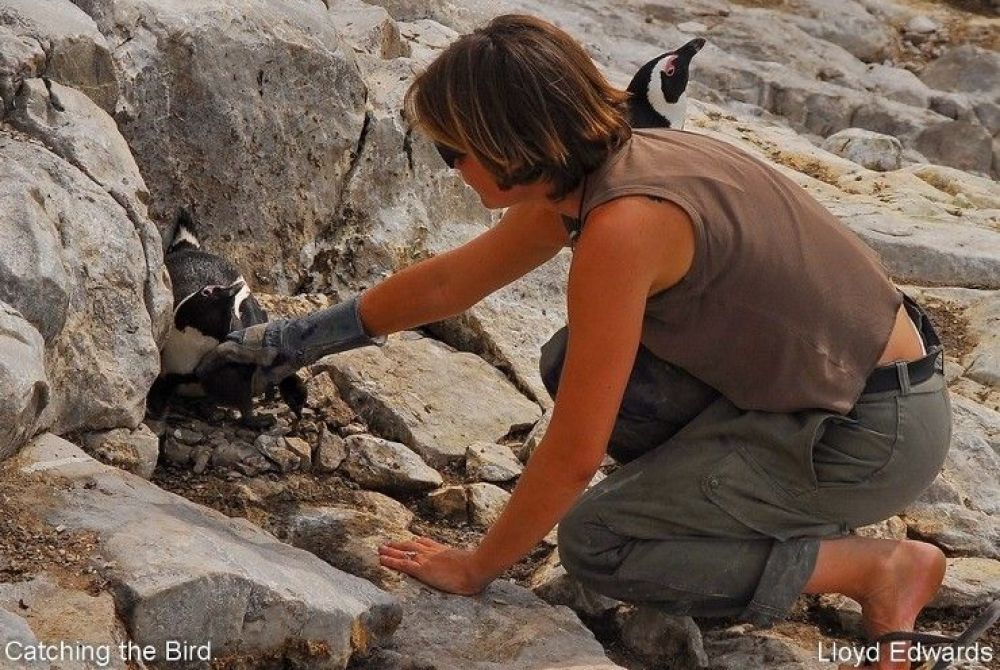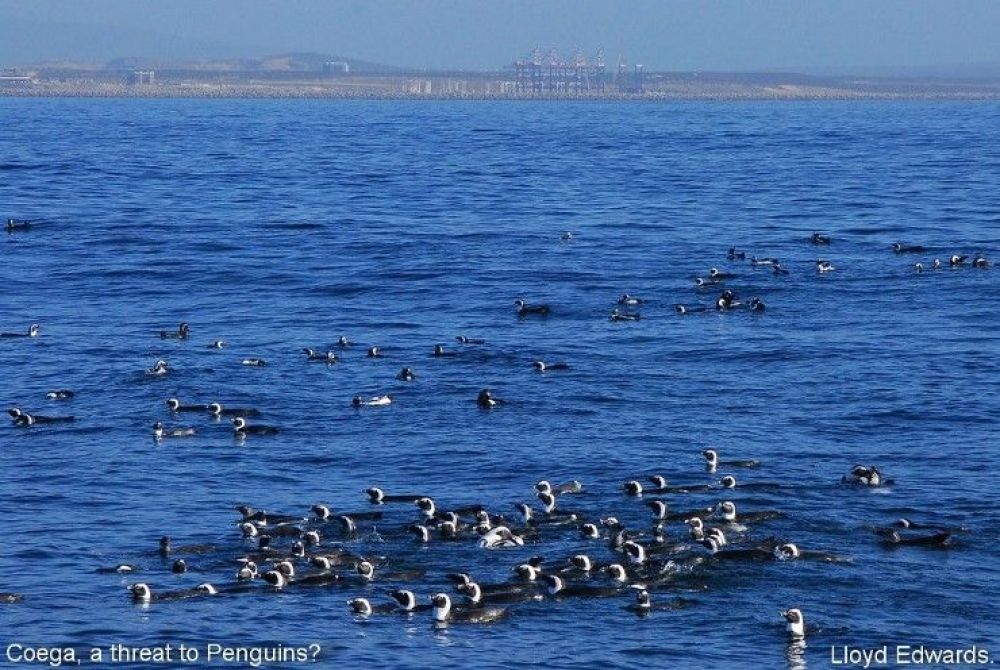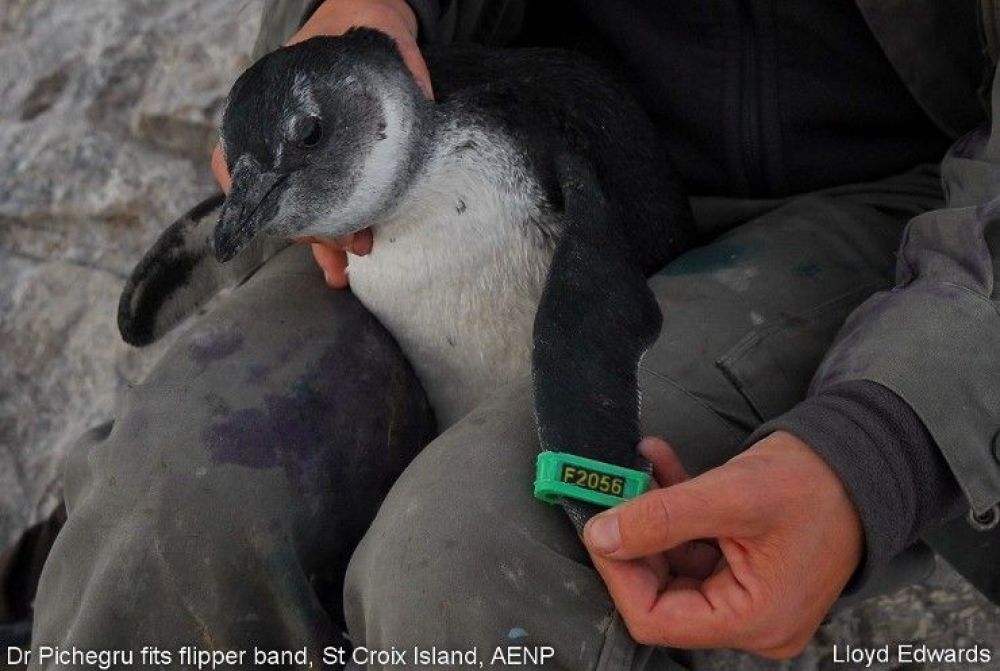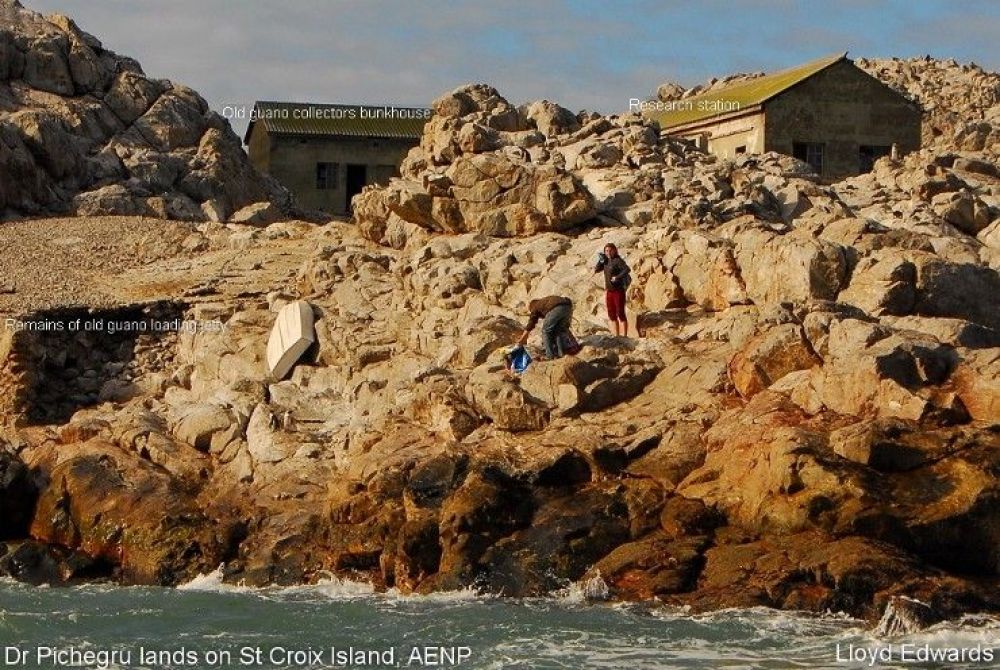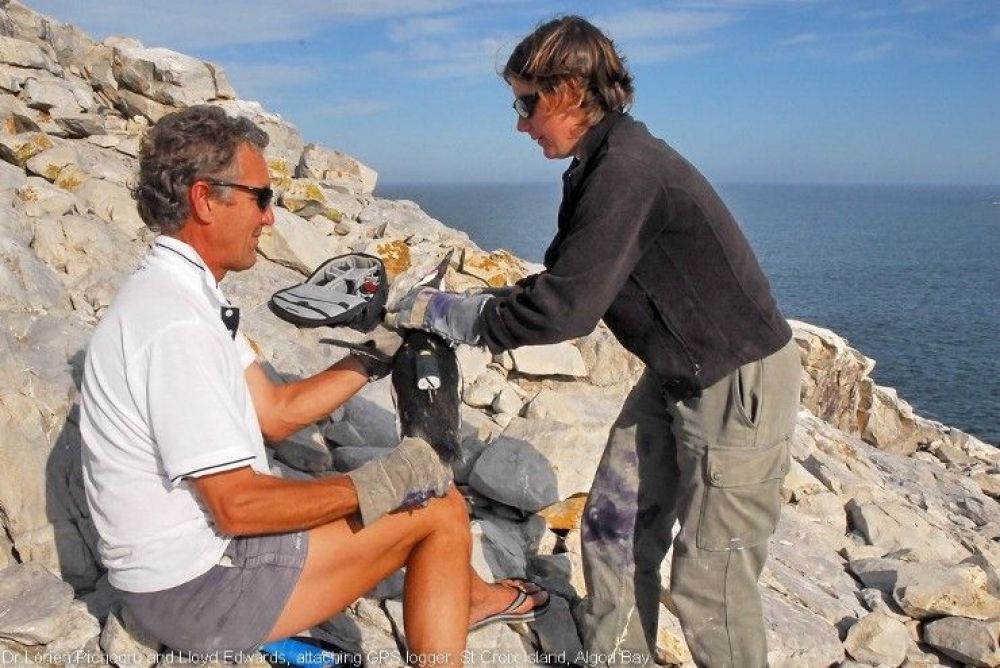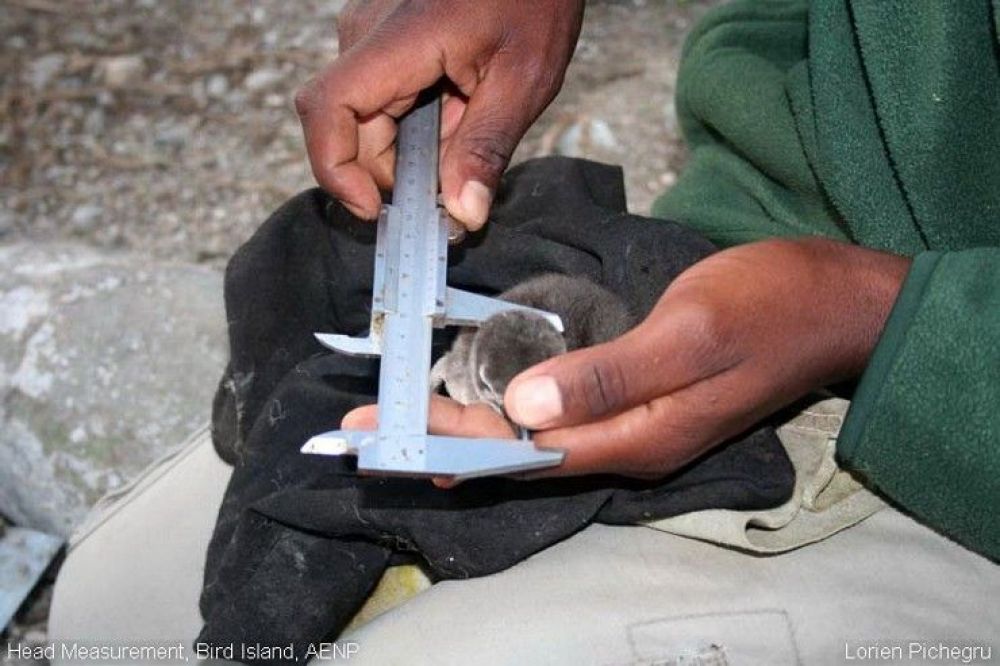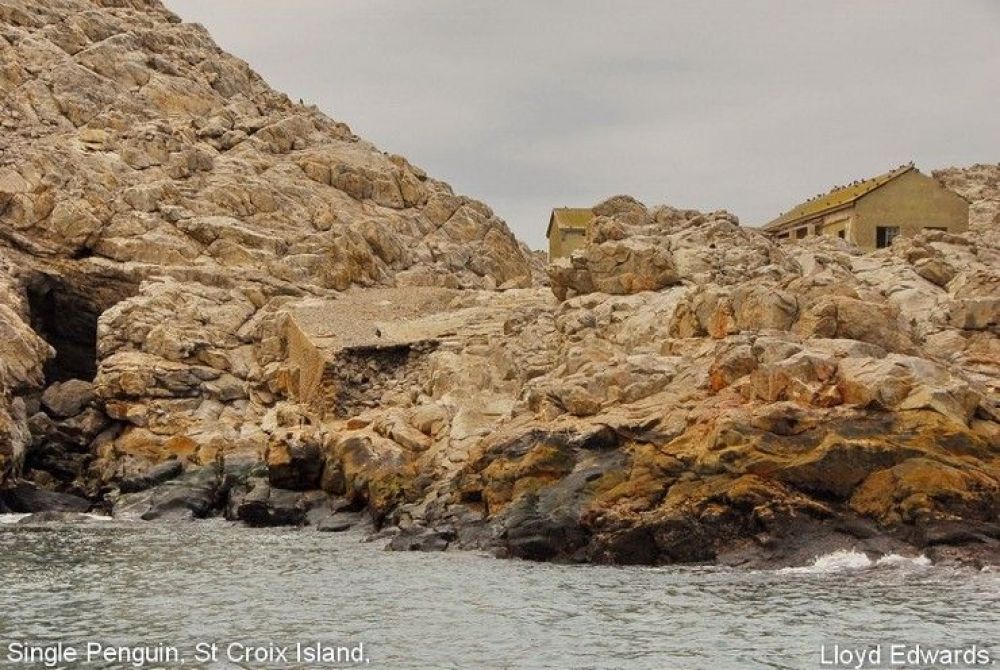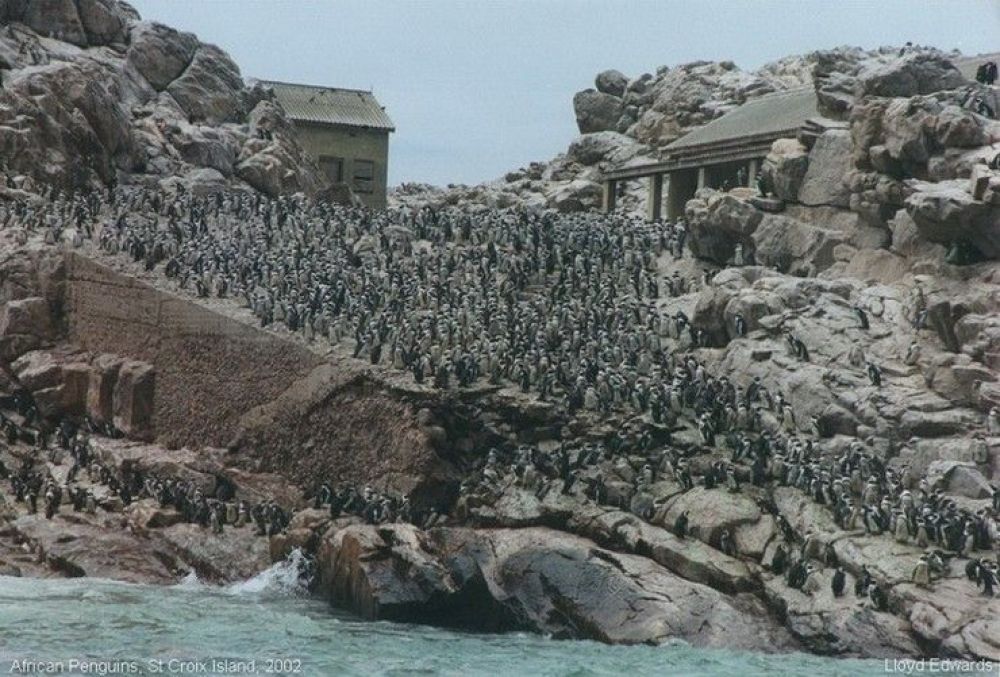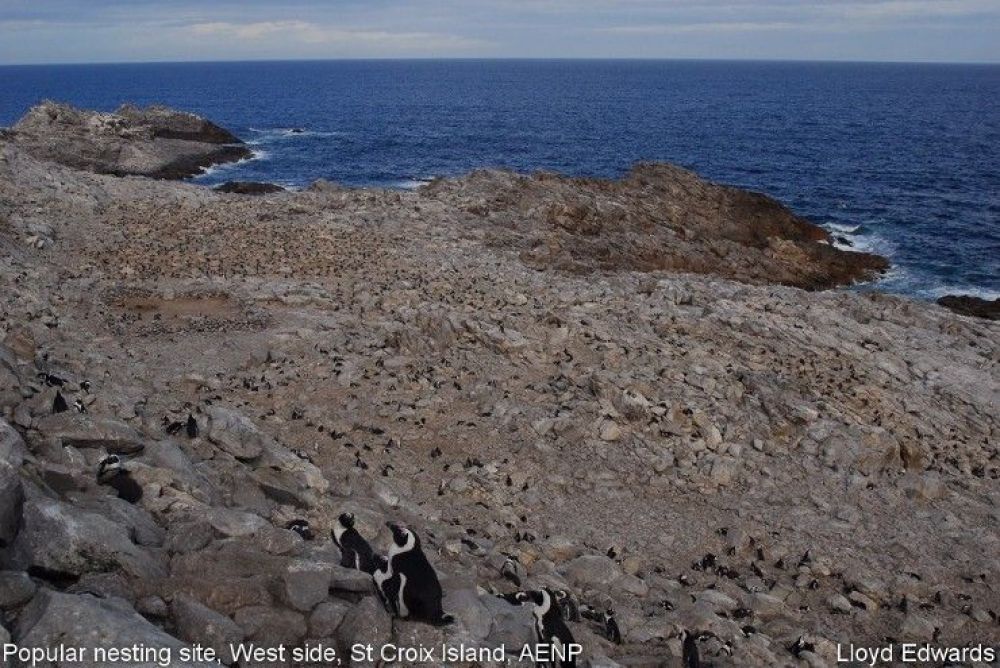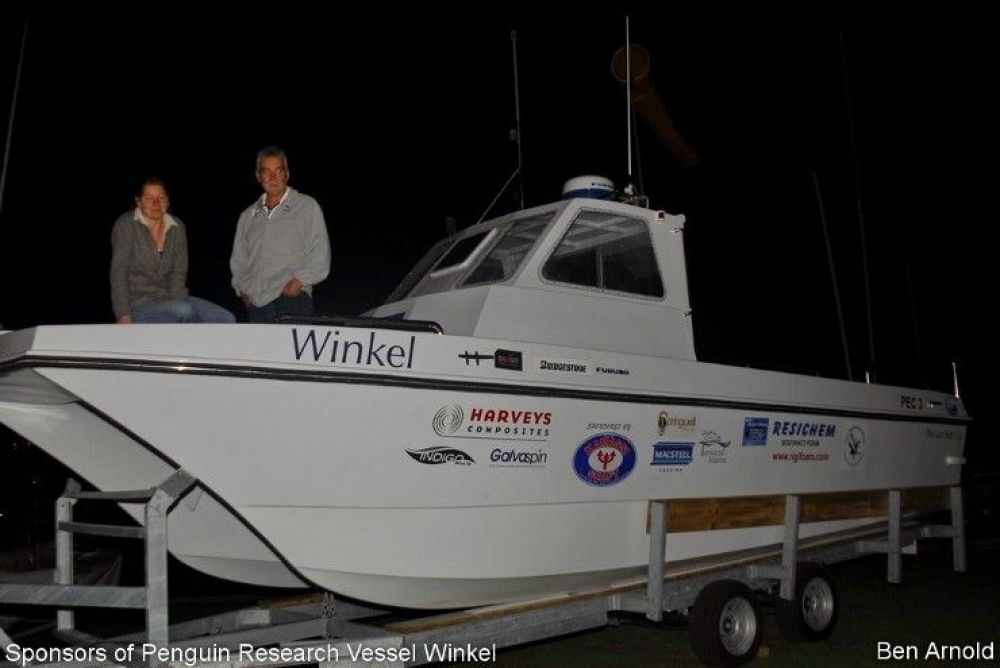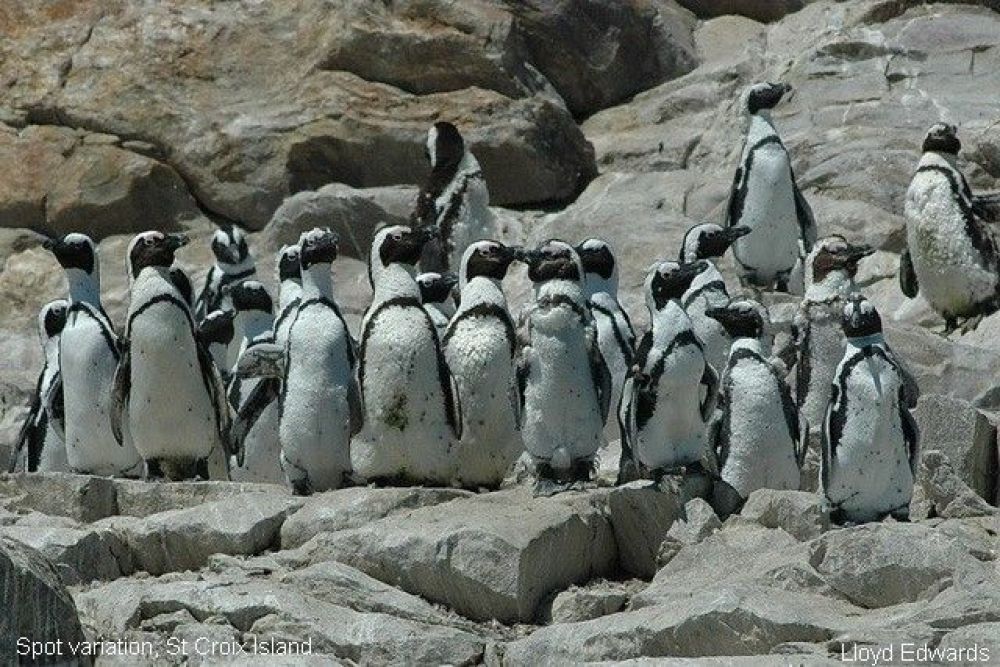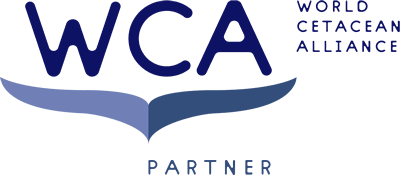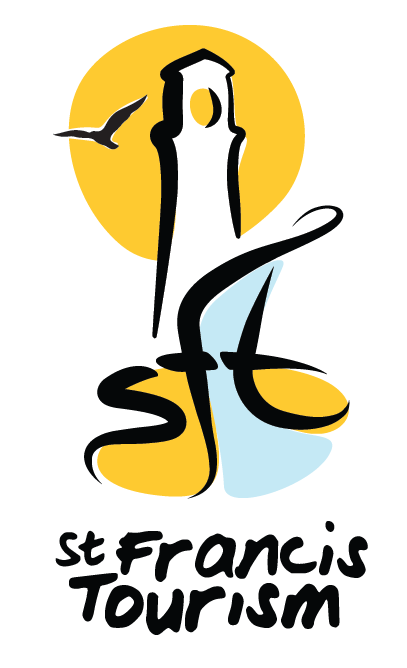- Cruise Packages
- About
- Algoa Baywatch
- Algoa Baywatch Conservation Projects Summary
- Addo Canyon
- STS BUNKERING VS ENDANGERED AFRICAN PENGUIN
- Whale Entanglements
- Southern Hemisphere Humpback Whale Migration Route (SHHWMR)
- Live Shark Project
- Education
- Raggy Charters, Mosaic & Re-Trade Re-Cycle Project
- Tree Planting
- Spekboom Whale Community Project
- Sunfish Research Project
- Plankton Sampling in Algoa Bay
- Beach clean-ups
- Other Projects
- Media
- Contact
African Penguin - Overview
In 2009, South Africa’s Marine and Coastal Management closed the waters around St Croix Island, as part of the “Island Closure Experiment”. This 20km no-take zone was enforced for three years, during which time breeding performance of the African penguin was compared to that of Bird Island, where fishing continued unrestricted. Since 2008 Raggy Charters has been getting Dr Pichegru on and off the islands to conduct her research. Read more here.
Dr Pichegru, along with research students and volunteers, used GPS loggers to track the foraging birds in order to estimate their foraging effort. They also collected data on the population size, diet, breeding success, adult body condition and chick growth of the penguins from both islands.
Although a positive difference was found, the population at St Croix was still in danger. Dr Pichegru soon realised the need to study the movements of the schooling fish targeted by both penguins and the competitive fisheries. In 2009, The Penguin Research Fund was established from the close collaboration between Dr Pichegru and Raggy Charters, in order to raise public awareness of the African penguin’s plight. Funds from this project went towards building a survey boat, which uses a high-quality echo sounder to track fish movements around the no-take zone. “Winkle” was launched on 23rd June 2011 (read an account of the launch here).
Since the launch, monthly surveys along a set route around both St Croix and Bird Island have been carried out. This data will determine where the penguins prey are, the abundance around each island and if that abundance and distribution varies between months. Research is still on-going with the goal of establishing a more permanent and larger purse-seine fishing exclusion zone around St Croix.
